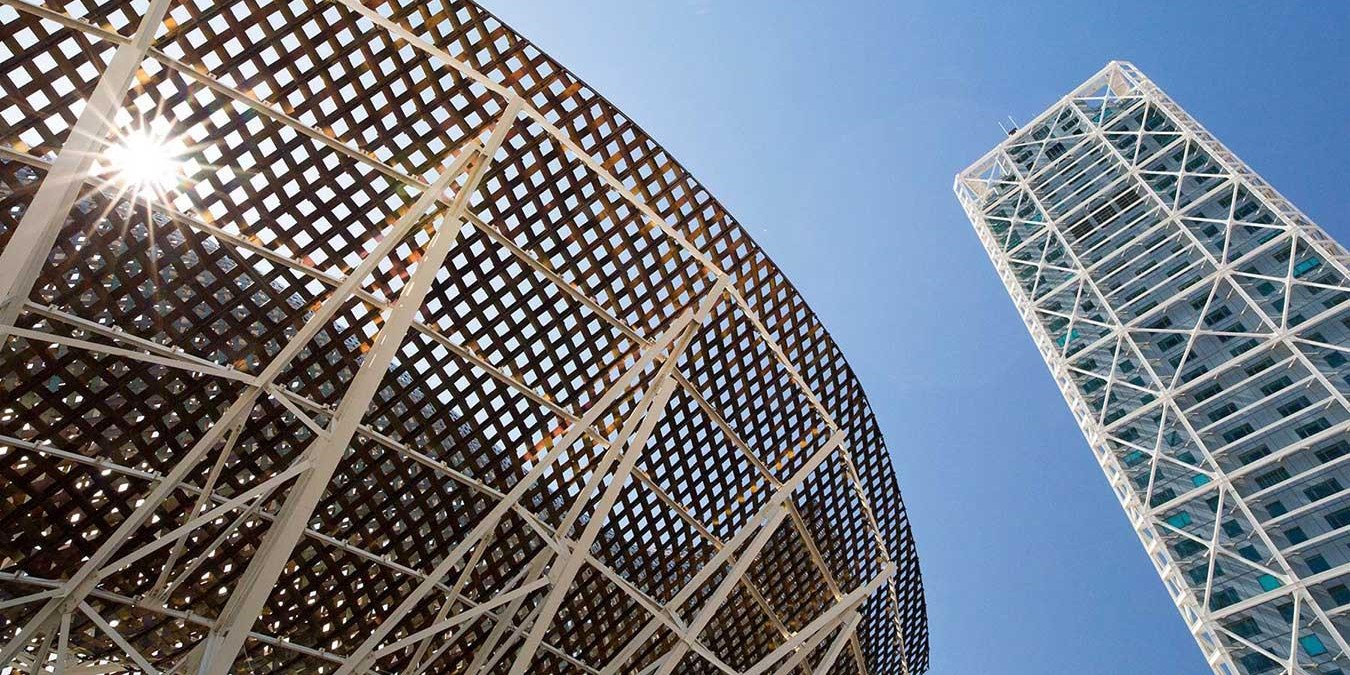
Seismic Performance Assessment of CFS Strap-Braced Walls With Optimized Sections
Please login to view abstract download link
Cold-formed steel (CFS) profiles are commonly used in light steel framed buildings, particularly in low- to mid-rise constructions. CFS strap-braced walls act as the primary lateral load-resisting system in these structures. However, conventional design approaches often overlook the impact of gravity loads on strap-braced walls, which can result in premature failure of chord studs. This paper focuses on CFS strap-braced walls with chord studs optimised as beam-column elements to further enhance their seismic performance and design efficiency. A detailed finite element (FE) model of the wall, validated through experimental data, is developed under cyclic loading conditions. The force-displacement hysteretic response obtained from the FE model is then used to calibrate simplified truss models for use in OpenSees. To evaluate performance at the frame level, a 2D, six-story structure incorporating strap-braced walls is designed and modelled for seismic assessment. The analysis focuses on inter-story drift ratios and story ductility at different performance levels, compared to code requirements. The results offer insights into improving seismic design strategies for CFS structures and provide a framework for optimising CFS strap-braced frames to enhance safety and structural resilience in seismic regions.

